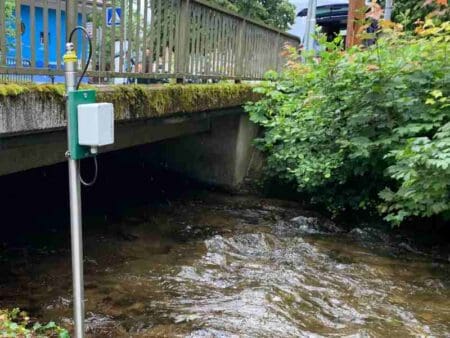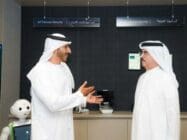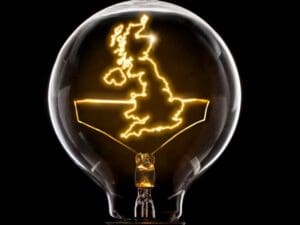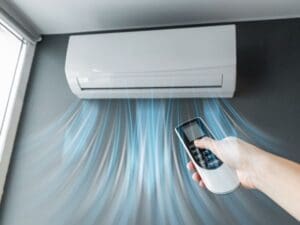
After two years of testing across five German municipalities, a region-wide smart city laboratory has greenlit smart city technologies, among others remote reading of heat and water meters, demonstrating their value-add for utilities and consumers alike.
German municipalities Breisach am Rhein, Freiburg Gundelfingen, Kirchzarten and Lahr took part in the Smart Region Südbaden smart city laboratory for two years to tackle key questions related to the deployment of smart city technologies, including remote reading of water and heat meters.
Under the leadership of municipal energy and water group Thüga and energy supplier badenovaNETZE, testing revolved around four key questions:
- How can innovative smart city applications be technically implemented?
- How profitable are these applications?
- How do citizens benefit?
- When it comes to remote meter reading and flood monitoring, among others, how sustainable are these solutions?
Have you read:
Yorkshire Water targets smart water metering for new housing
Three Finnish DSOs secure 300k smart meters and metering SaaS
Green light for smart city technologies
According to Thüga, remote reading of water and heat meters through IoT sensors was found to offer a high economic value for energy suppliers. Remote reading reduced personnel visits, which saves on costs and enables optimised production processes, for example by lowering the flow temperature or reducing peak loads.
Customers benefit from convenient reading without an appointment and low susceptibility to errors. Short-cycle data transmission means that water networks can be better monitored and leaks can be detected quickly.
“After a two-year test phase in the real laboratory, we were able to develop a marketable and economically interesting service model. We are now offering the municipalities in our region the remote reading of water and heat meters in our portfolio – and are registering great interest,” said Robin Grey, managing director of badenovaNETZE.
“In the living laboratories, together with partner companies, we have developed offers that energy suppliers can use to support their municipalities in the digitisation process. Partners from the Thüga Group can access all findings and use them for their own purposes,” added Dr. Matthias Cord, deputy chairman of the board of Thüga Aktiengesellschaft.
Also of interest:
Energy Transitions Podcast: Optimising smart meter installations and project execution
Unlocking smart meter data for research
Automated water measurement
IoT sensors in connection with LoRaWAN technology also proved themselves for monitoring levels of groundwater, flowing water and rainwater retention basins.
In the municipality of Kirchzarten, the building yard and the voluntary fire brigade checked the water levels after rainfall. Digital level measuring systems now transmit these values automatically and regularly to a receiver.
Kirchzarten’s Mayor Andreas Hall explained: “Especially when water levels change quickly, digital measurement is of great benefit. The relevant departments can be informed at an early stage via the integrated alarm function”.
Municipalities can thus react more quickly and are ultimately more resilient to the consequences of climate change with more frequent and more severe floods.
The Smart Region Südbaden laboratory in Germany was created through the Thüga innovation platform with the aim of testing smart city applications at different locations and conditions in practice for 18 months from spring 2020.
They are part of the overarching project Climate Active Community, under which Thüga bundles decarbonisation of the municipal utility’s electricity and heat, as well as to related business areas such as e-mobility and climate change resilience.








